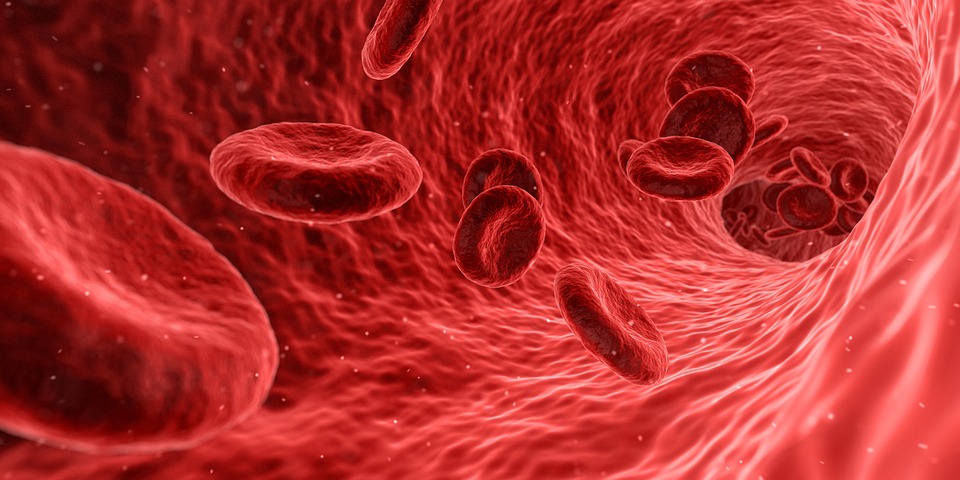
FDA lifts clinical hold on Seattle Genetics’ phase 1 trials of vadastuximab talirine.
Seattle Genetics, Inc., a global biotechnology company, today announced that the U.S. Food and Drug Administration (FDA) has lifted the clinical hold announced on December 27, 2016 on phase 1 trials of vadastuximab talirine (SGN-CD33A; 33A) in acute myeloid leukemia (AML).
“The clinical hold on our early-stage vadastuximab talirine clinical trials has been resolved through a comprehensive analysis of the clinical data from over 300 patients treated to date, evaluation by an independent committee of clinical experts, collaborative interactions with the FDA, and protocol amendments designed to further enhance patient safety,” said Jonathan Drachman, M.D., chief medical officer and executive vice president, research and development at Seattle Genetics.
“We will resume two phase 1 trials in AML and plan to initiate a randomized phase 2 trial during 2017 evaluating vadastuximab talirine in combination with standard of care chemotherapy in frontline, younger AML patients,” Drachman added. “In addition, we are continuing to enroll our ongoing phase 3 randomized CASCADE trial in frontline older AML patients and our phase 1/2 trial in frontline high-risk myelodysplastic syndrome (MDS).”
Seattle Genetics will resume two phase 1 trials of vadastuximab talirine. The first is combination treatment with standard of care, or 7+3, chemotherapy in newly diagnosed younger AML patients and the second is monotherapy and combination treatment with hypomethylating agents in both newly diagnosed and relapsed AML patients. Seattle Genetics will not resume the phase 1/2 trial of vadastuximab talirine monotherapy in pre- and post-allogeneic transplant AML patients given the challenges of developing therapies in this specific setting.
The company’s randomized global phase 3 CASCADE trial in frontline older AML and phase 1/2 trial in frontline MDS were not placed on clinical hold and have continued to enroll patients. Planned studies include a randomized phase 2 trial of vadastuximab talirine in combination with 7+3 chemotherapy in frontline younger AML patients. Going forward, additional risk mitigation measures will be implemented in all vadastuximab talirine studies, including revised eligibility criteria and stopping rules for veno-occlusive disease (VOD).
(Source: Business Wire)
Filed Under: Drug Discovery




